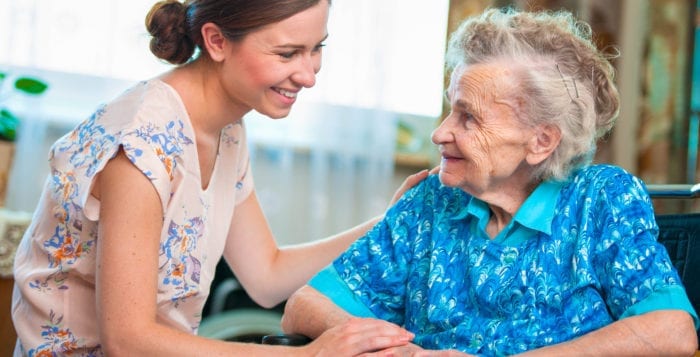By Nancy Burner, Esq.

Community Medicaid is the program that covers care at home, such as a personal care aide. Chronic Medicaid is the program that covers nursing home care.
The requirements and application process for Community and Chronic Medicaid are very different. An applicant’s marital status implicates a different set of rules. It is important to know the differences and make sure you have the correct Medicaid in effect.
For 2023, an individual applying for Community Medicaid can have no more than $30,182 in assets, excluding the home if the equity is less than $1,033,000. Qualified funds such as IRAs or 401(K)s are exempt, so long as the applicant is taking minimum distributions, and which are counted towards the monthly income allowance. The applicant’s income cannot exceed $1,677 per month — but there are ways to capture the income using a Pooled Income Trust.
While these limitations may seem daunting, the good news about Community Medicaid is that there currently is no look-back period. No look-back means someone looking to get care at home can transfer assets out of their name and be eligible the following month.
It is important to keep in mind, however, that in April of 2020 New York State passed a law introducing a 30-month look-back period for Community Medicaid. The look-back period was originally set to take effect in October 2020, but was delayed. The New York State Department of Health recently announced that the earliest the 30-month look-back period will be implemented, if ever, is mid to late 2025.
To qualify for Chronic Medicaid in 2023 an individual applicant can have no more than $30,182 in assets, and no more than $50.00 per month in income. There is no pooled trust option to protect excess income, so any income exceeding $50 per month will go towards the cost of the nursing home care. Like Community Medicaid, qualified funds such as IRAs or 401(K)s are exempt if the applicant is required to take minimum distributions. The home is not an exempt resource unless a spouse, disabled or minor child is living there.
Chronic Medicaid has a five-year look-back period. This refers to the period of time that the Department of Social Services will review your financials to determine if you made any transfers. To the extent that the applicant has made transfers or has too many assets in their name to qualify, they will be ineligible for Medicaid. However, there are exempt transfers that the applicant can make which will not render them ineligible:
— A spouse;
— A child under the age of 21;
— A blind or disabled child;
— A sibling who has an “equity interest” in the home and who has lived in the home for at least a year before the Medicaid application is filed; or
— A “caretaker” child who has lived in the parent’s home for at least two years before the Medicaid application is filed.
Due to the complexities of eligibility for Community and Chronic Medicaid, it is imperative to consult with an expert attorney in the field.
Nancy Burner, Esq. is a Partner at Burner Prudenti Law, P.C. focusing her practice areas on Estate Planning and Trusts and Estates. Burner Prudenti Law, P.C. serves clients from New York City to the east end of Long Island with offices located in East Setauket, Westhampton Beach, Manhattan and East Hampton.












